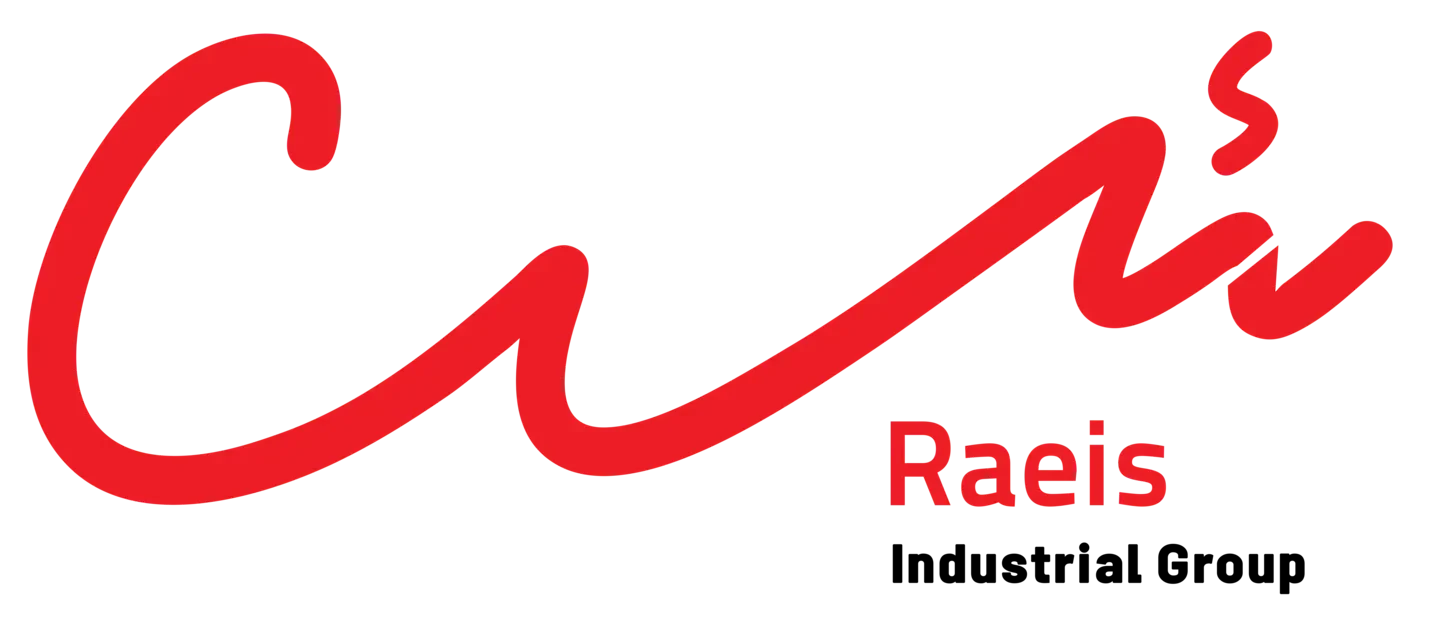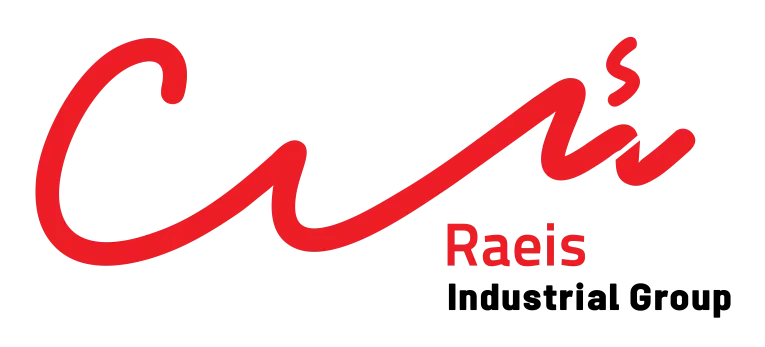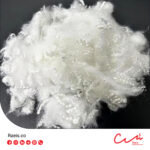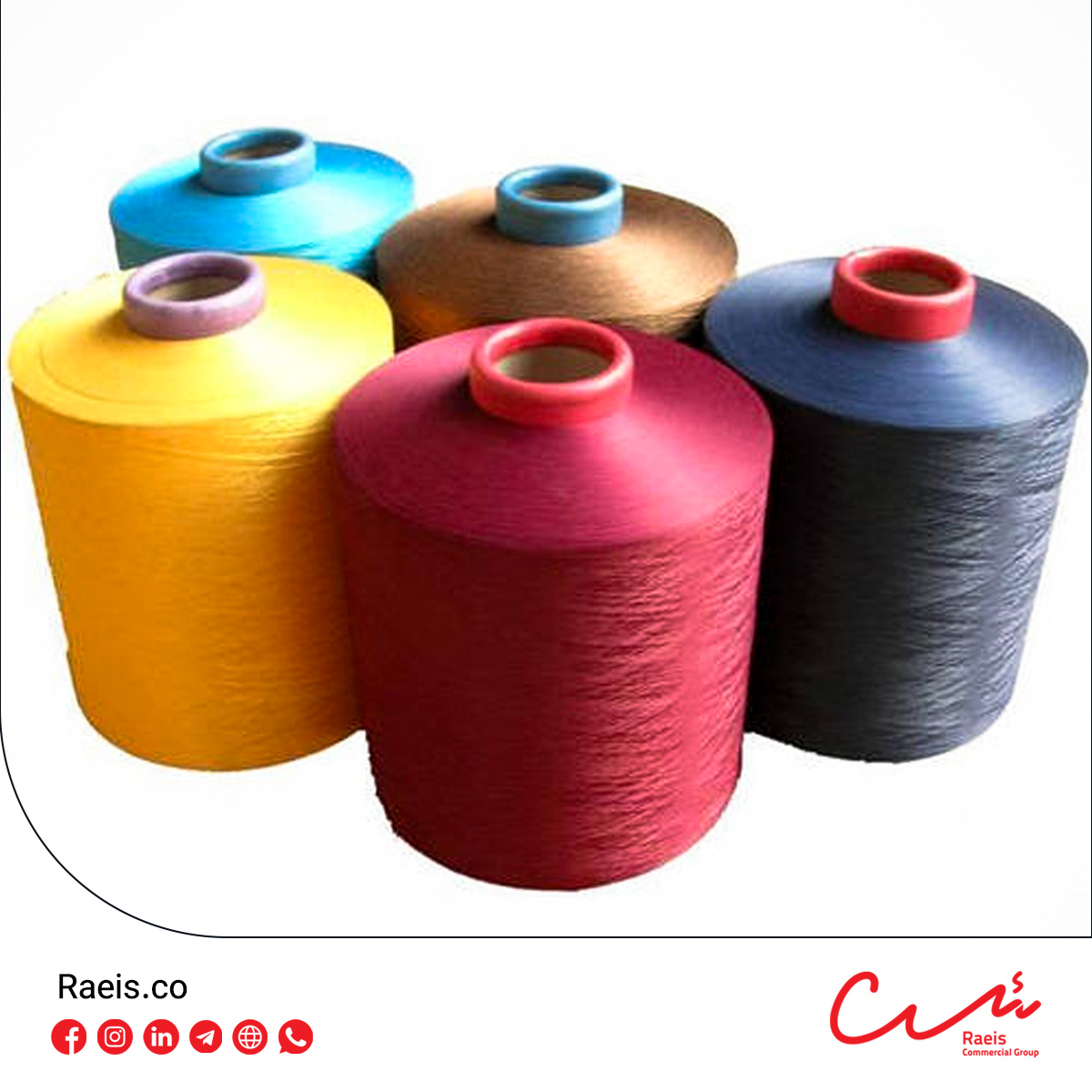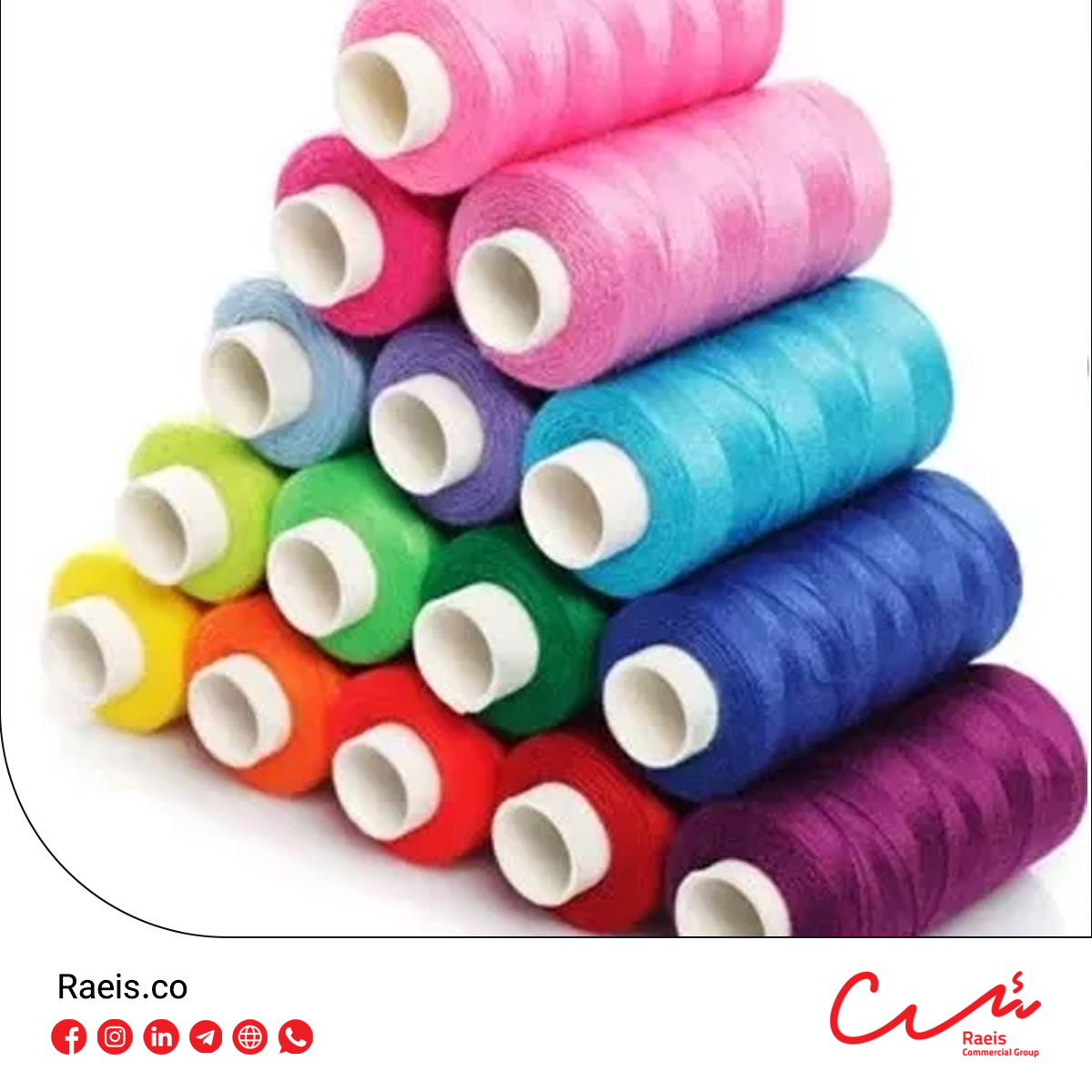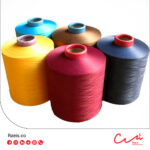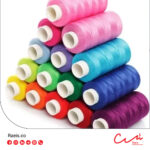Spun yarn
ارسال رایگان
تحویل اکسپرس و سریع
20 هزار محصول
روش های پرداخت
پشتیبانی 24/7
پشتیبانی نامحدود آنلاین
تحویل 2 روزه
پیگیری سفارشات
With technological advancements in various industries, the spinning sector has also undergone significant transformations to improve quality in fashion, apparel, and textiles. Spinning is one of the oldest industries in the world, involving the production of thread or yarn for fabrics and textiles. The process includes preparing fibers, cleaning and aligning them, spinning the threads, and ultimately processing the yarn into the final product.
Among the various types of yarn available in the market is spun yarn. In general terms, “spun” refers to staple fiber yarns, which are created by spinning short fibers. In Iran, spun yarn specifically refers to polyester fibers spun into short, discontinuous lengths. This article by Raeis Industrial Group delves into the features, applications, and advantages of spun yarn.
Features and Production Methods of Spun Yarn
Spun yarn doesn’t refer to a specific material but rather a production method. It can include materials like cotton, nylon, polyester, viscose, and polypropylene. Spun yarns are produced using two main methods: ring spinning and open-end spinning.
Ring Spinning
In this method, polyester fibers are first produced as filaments. These filaments are then cut into short lengths using specialized machines and processed through carding and combing to create thin, uniform threads. These threads are spun into staple yarns using ring spinning machines.
Open-End Spinning
In the open-end method, polyester fibers are directly produced as short lengths and spun into staple yarns using open-end machines. This method is faster and less expensive than ring spinning, though the latter provides higher-quality yarns.
Types of Spun Yarn
Spun yarns vary based on the fibers used and their thickness:
By Fiber Type
- Wool Spun Yarn
- Nylon Spun Yarn
- Cotton Spun Yarn
- Polyester Spun Yarn
By Thickness
- Thin Spun Yarn: For lightweight fabrics
- Medium Spun Yarn: For everyday fabrics
- Thick Spun Yarn: For warm, winter garments
Advantages of Spun Yarn
Spun yarn offers numerous benefits, including:
- Comfort: The breathable and airy properties of spun yarn make it comfortable to wear.
- Wrinkle Resistance: Spun yarn fabrics are resistant to creasing.
- Color Durability: High resistance to fading under sunlight and washing.
- Hypoallergenic: Ideal for sensitive skin.
- Durability: Provides long-lasting strength and wear resistance.
- Elasticity: Can stretch up to five times its length and return to its original shape.
Applications of Spun Yarn
Given its many advantages, spun yarn is widely used across industries:
Textile Industry
- Knitted fabrics: For socks, underwear, etc.
- Upholstery fabrics: Velvet, cotton, etc.
- Bed linens: Polyester, cotton, etc.
- Curtain fabrics: Satin, silk, etc.
Medical Supplies
Spun yarn is used in surgical masks, gowns, and other disposable medical products due to its hypoallergenic properties.
Agriculture
Used for irrigation, packaging fertilizers, and other agricultural needs.
Other Applications
- Food packaging
- Storage solutions
- Furniture covers
- Bedding products
- Construction materials
Comparing Spun Yarn with Other Yarns
Spun yarn is a popular choice in the textile industry due to its balance of cost, durability, and adaptability. Here’s how it compares with other yarns:
- Cotton Yarn: Offers breathability but is more expensive and less durable.
- Nylon Yarn: Very strong but less flexible.
- Silk Yarn: Luxurious but costly and less practical for industrial use.
Spun yarn strikes a balance, making it suitable for diverse applications, particularly in clothing production.
Key Considerations When Buying Spun Yarn
- Identify Your Needs: Choose the right type of spun yarn based on its material composition and thickness.
- Check Quality: Ensure the yarn is made from high-quality fibers, particularly pure polyester for better durability.
- Evaluate Color and Dyeability: Look for yarns with excellent dye absorption and colorfastness.
- Select a Reliable Supplier: Trustworthy suppliers like Raeis Industrial Group provide guaranteed quality.
- Compare Prices: Balance affordability with quality.
Purchasing Spun Yarn
Spun yarn is an excellent option for a variety of industrial applications. When buying spun yarn, consider factors such as quality, production method, and fiber type. Raeis Industrial Group, as a reliable and leading supplier, offers high-quality spun yarn tailored to meet customer needs.
Pricing of Spun Yarn
The price of spun yarn depends on factors like fiber type, thickness, quality, brand, and market conditions. Raeis Industrial Group provides high-quality spun yarn at competitive prices, ensuring value for money. For consultations or pricing inquiries, customers can contact Raeis Industrial Group’s experienced professionals.
